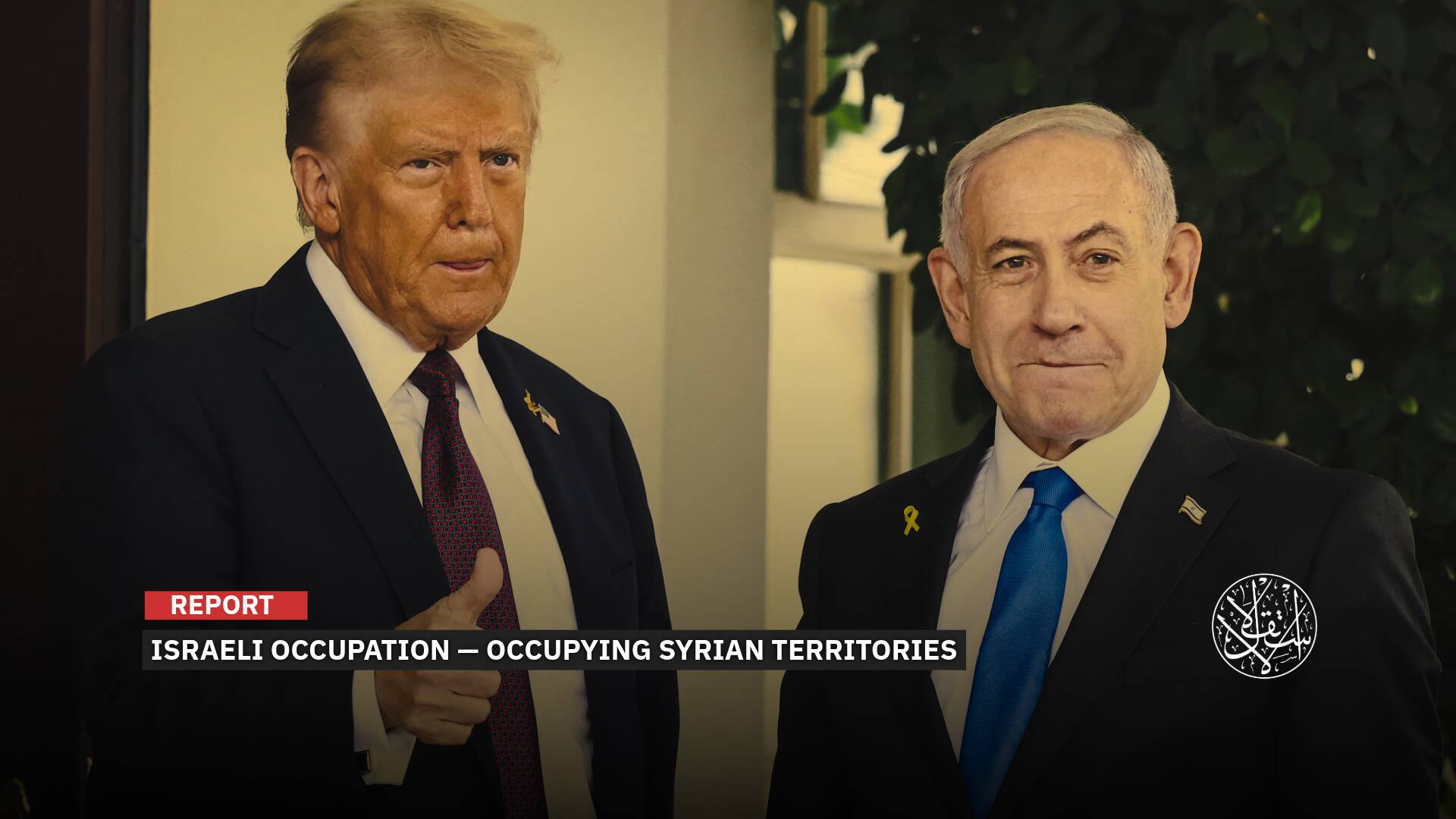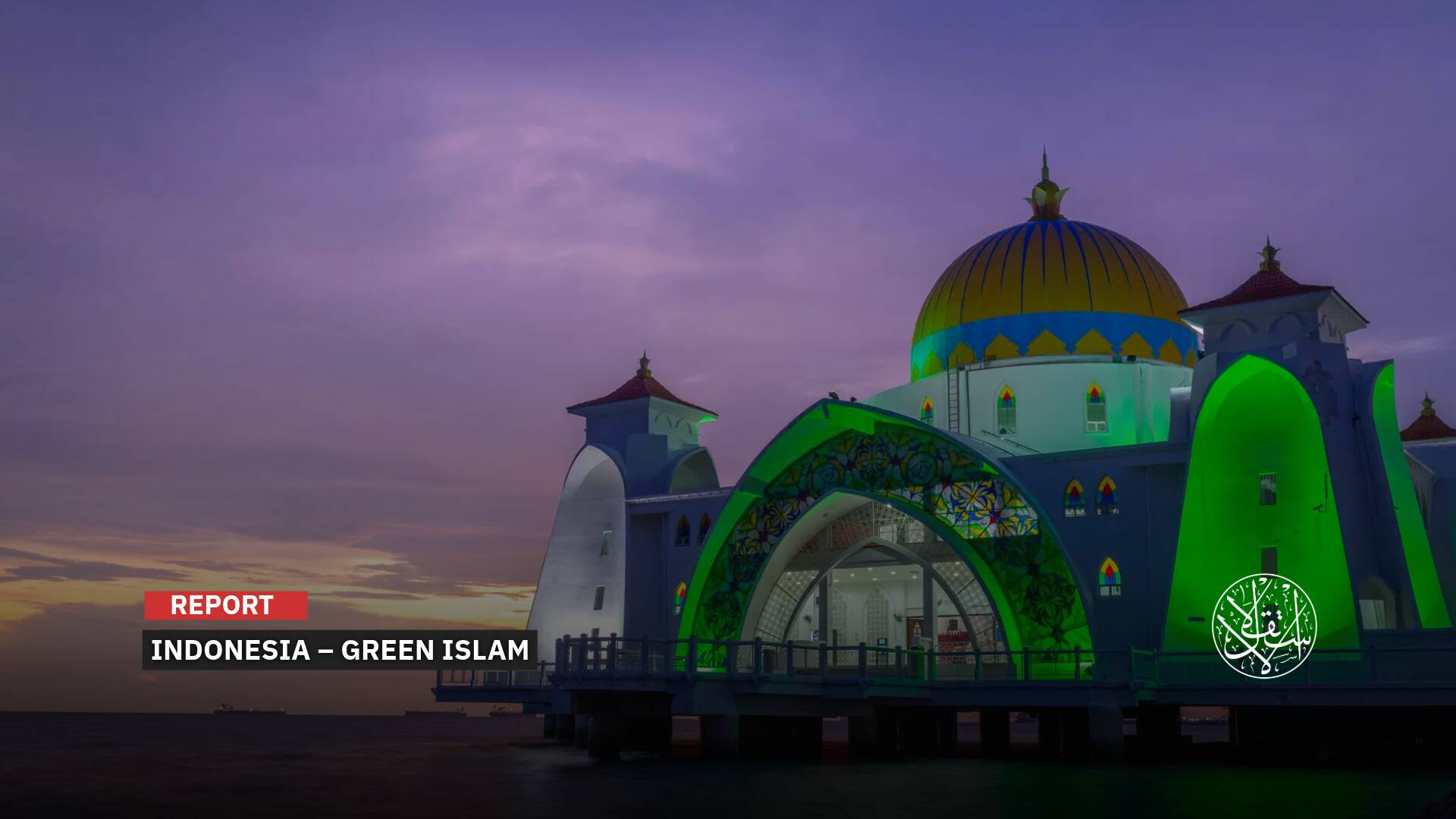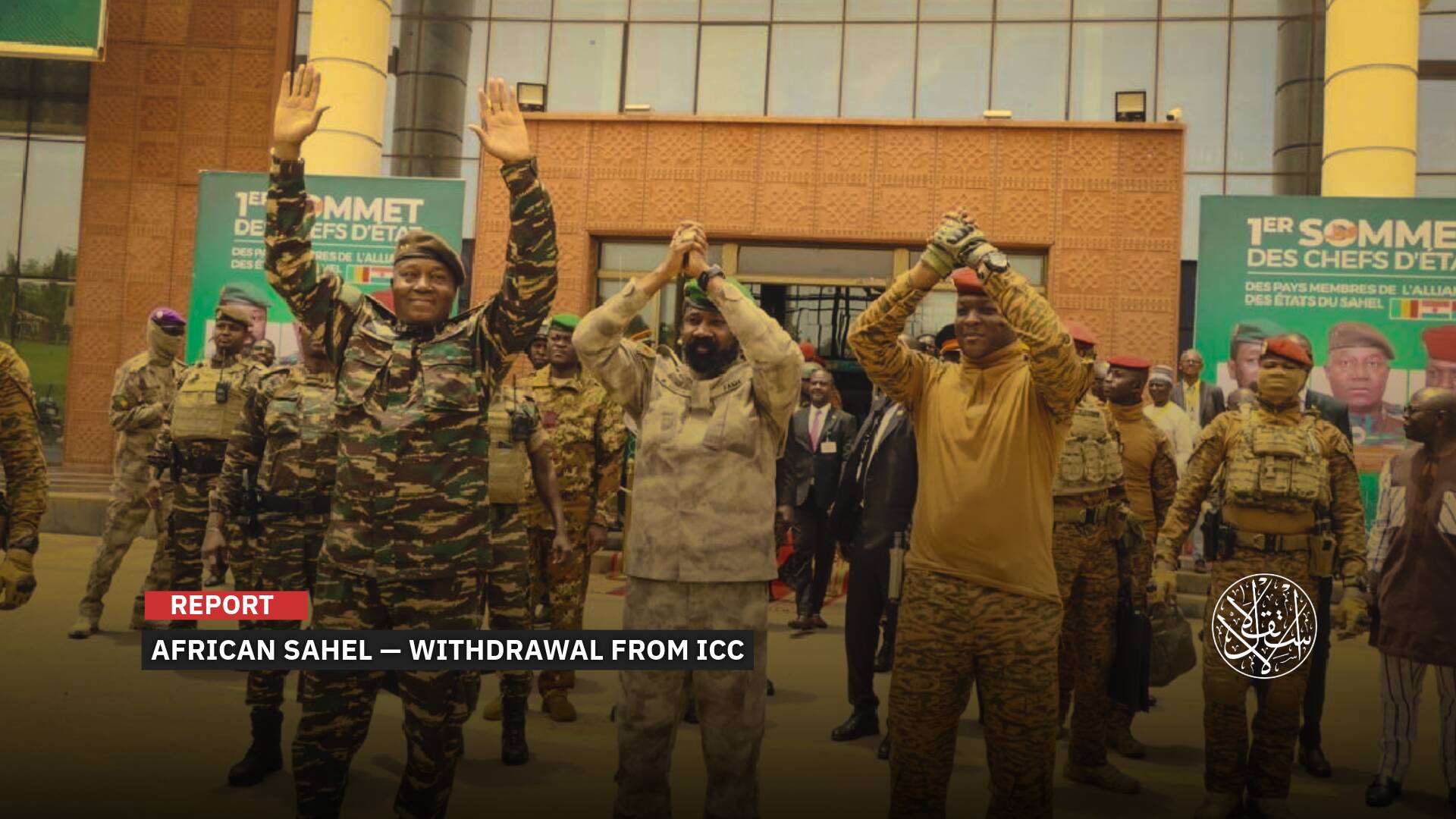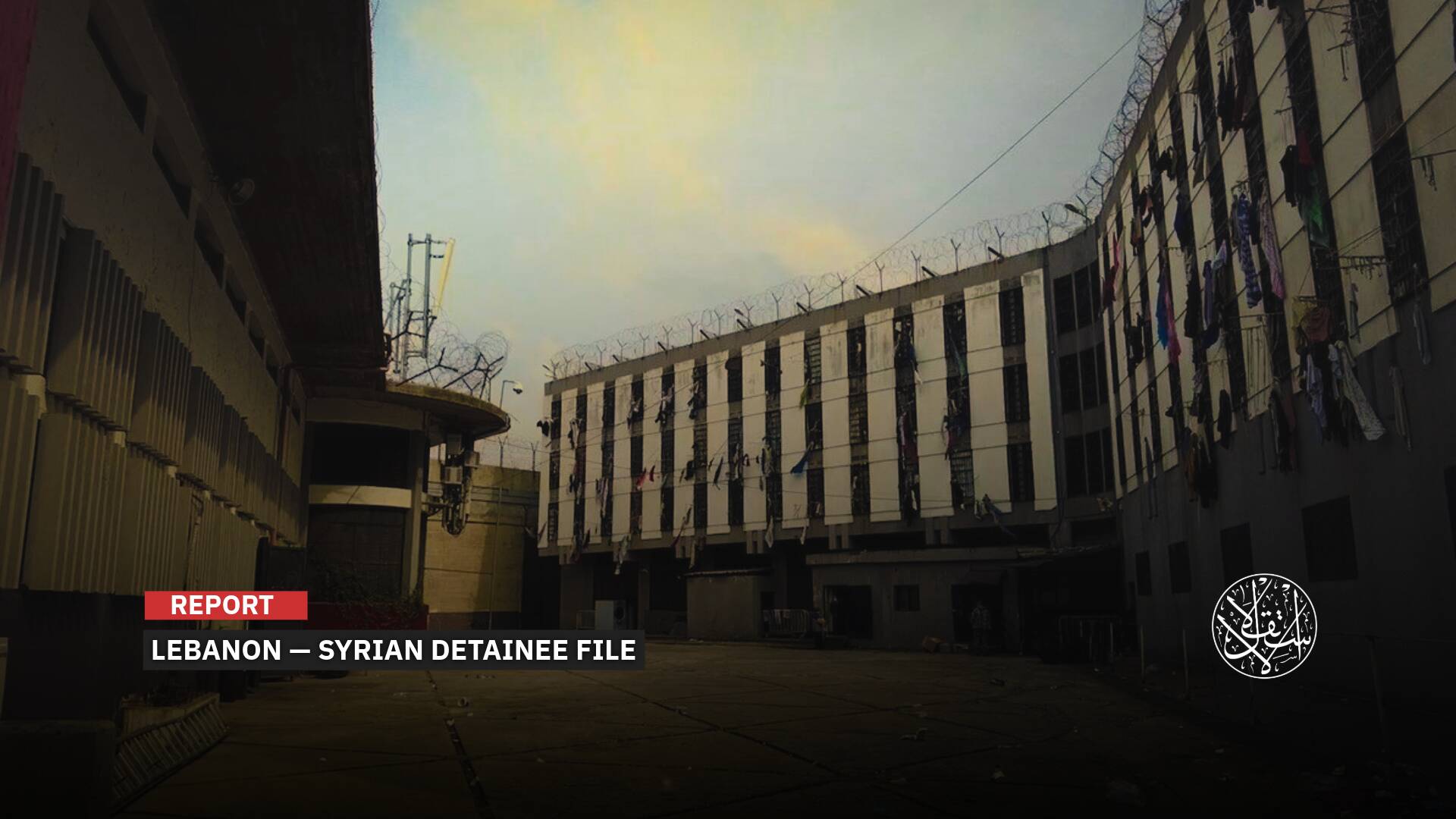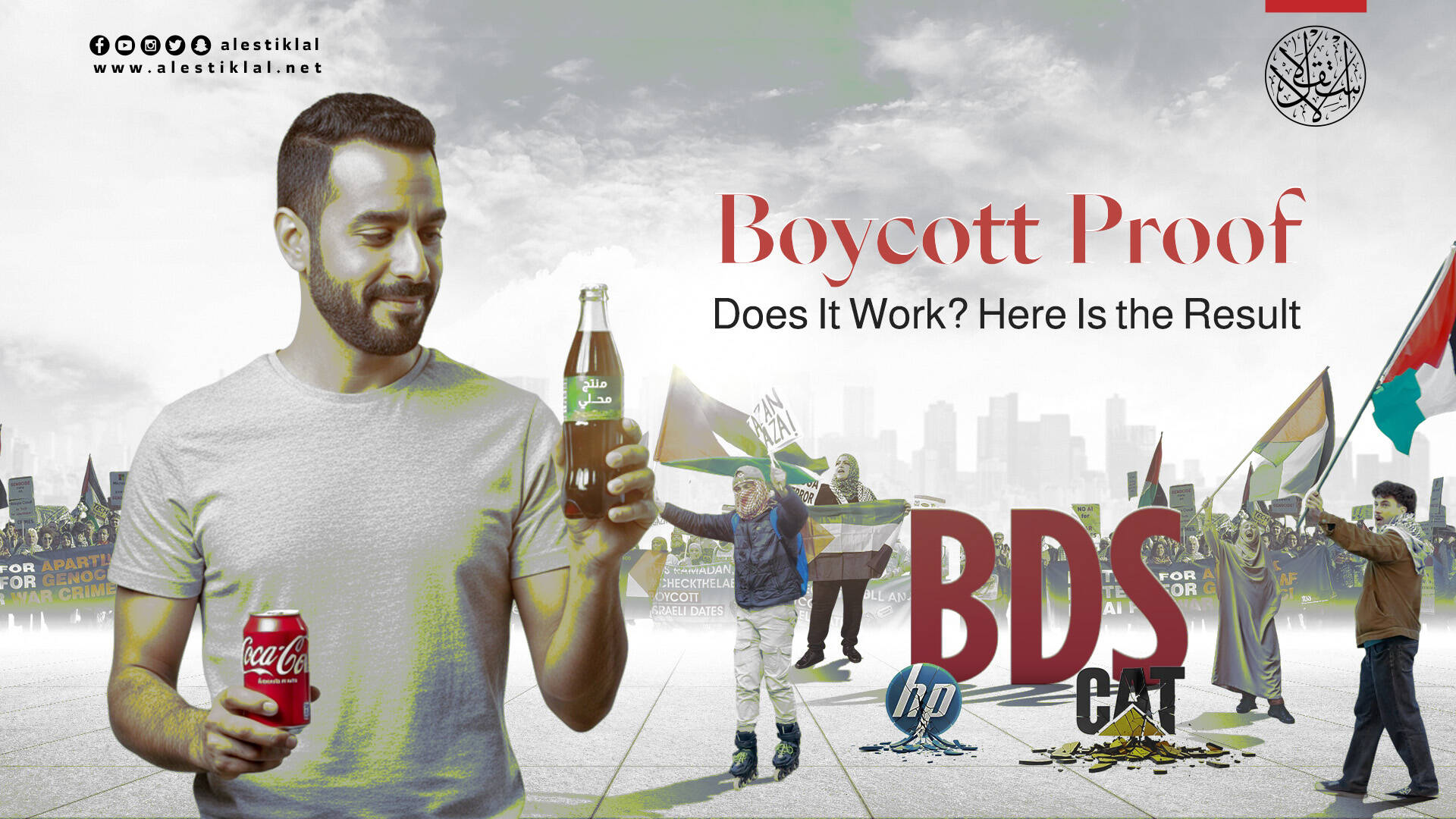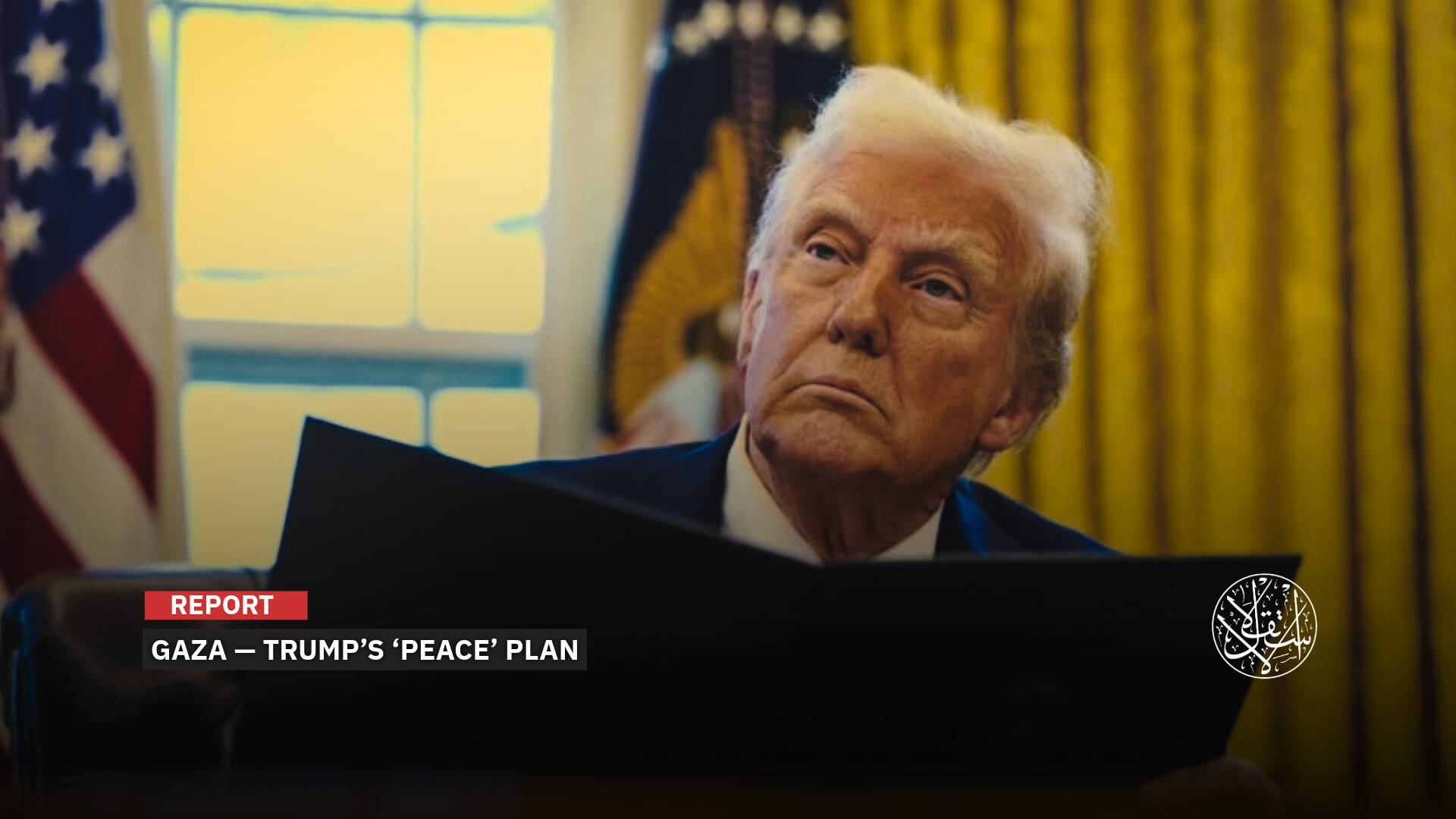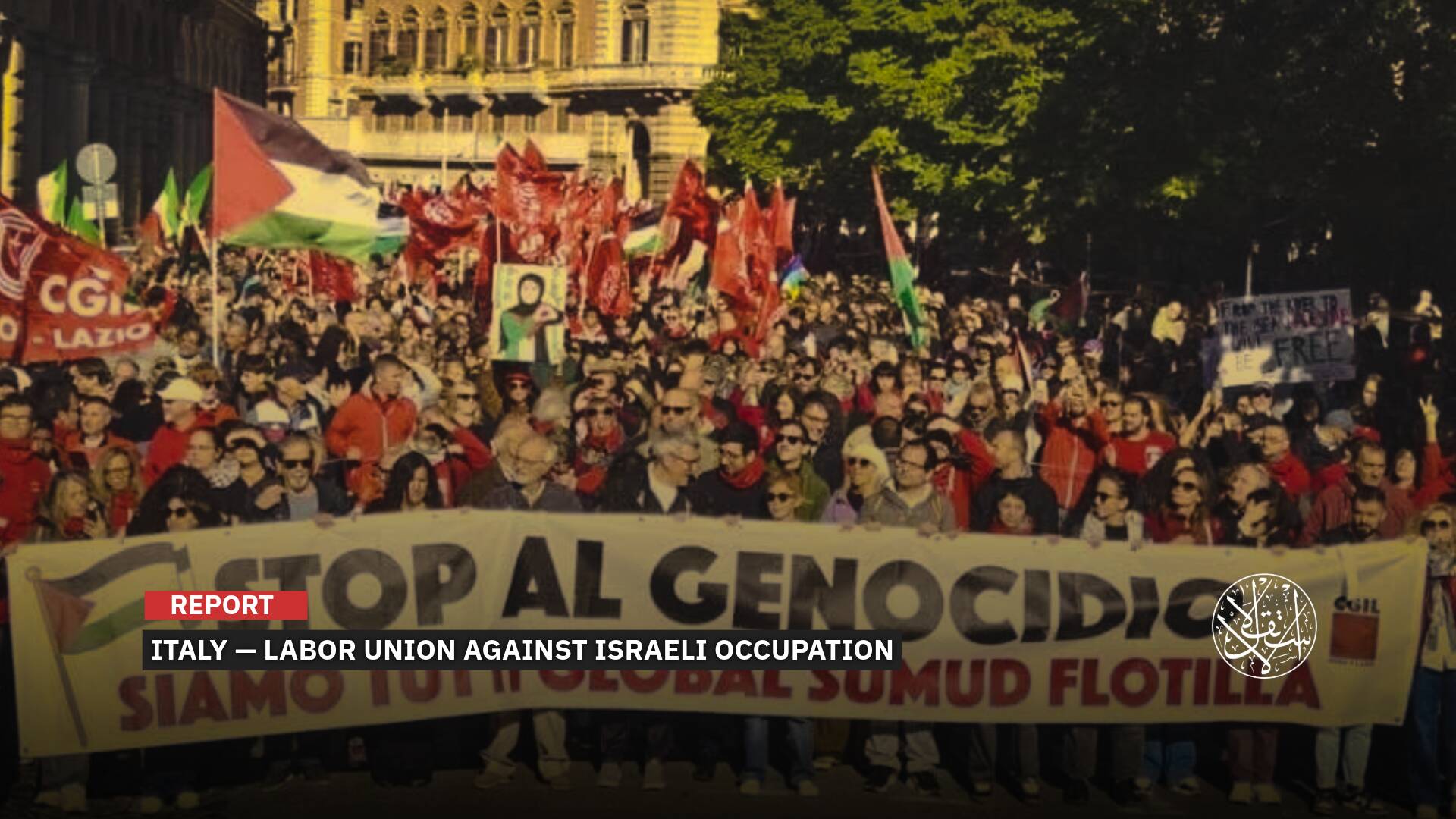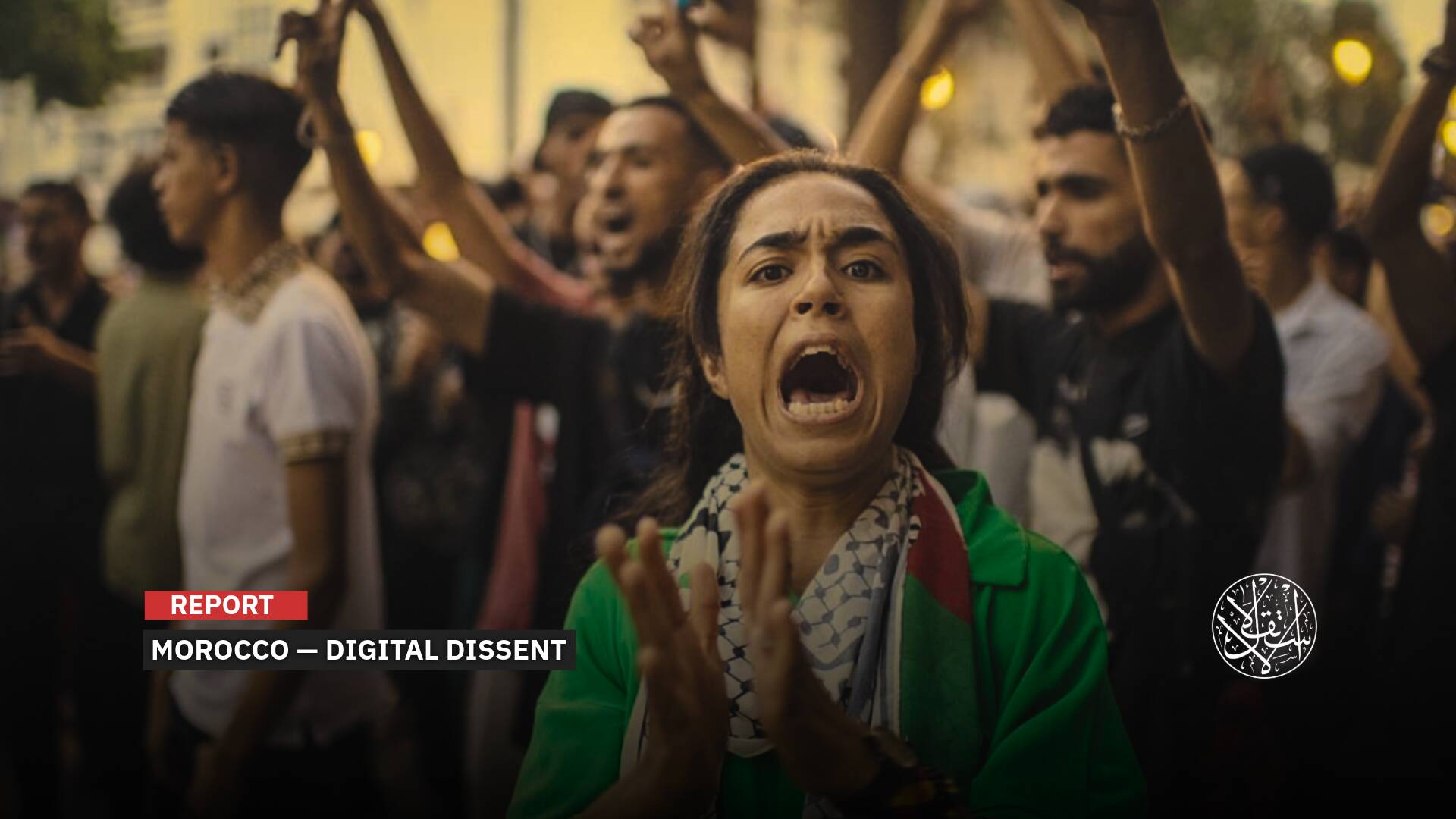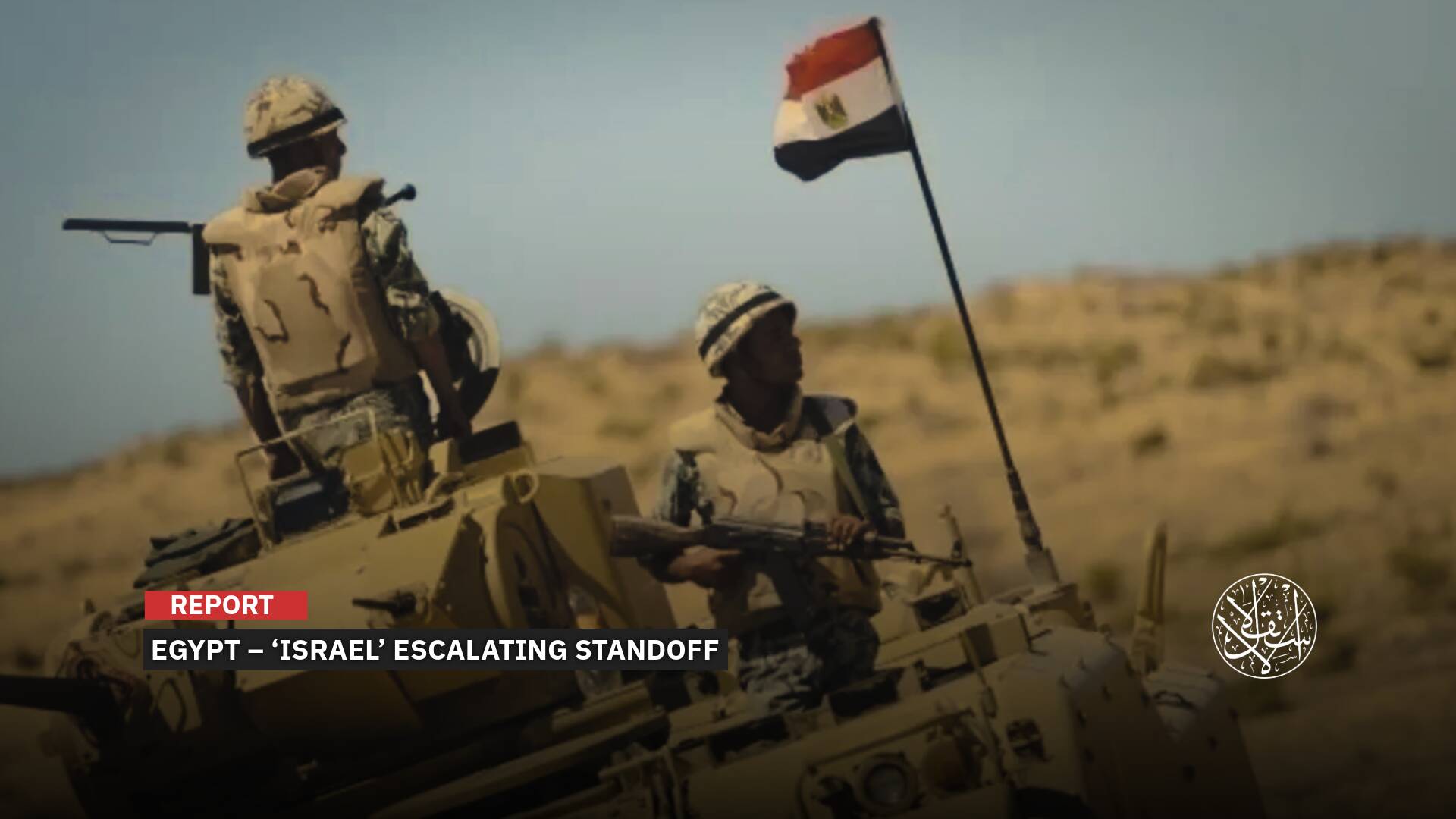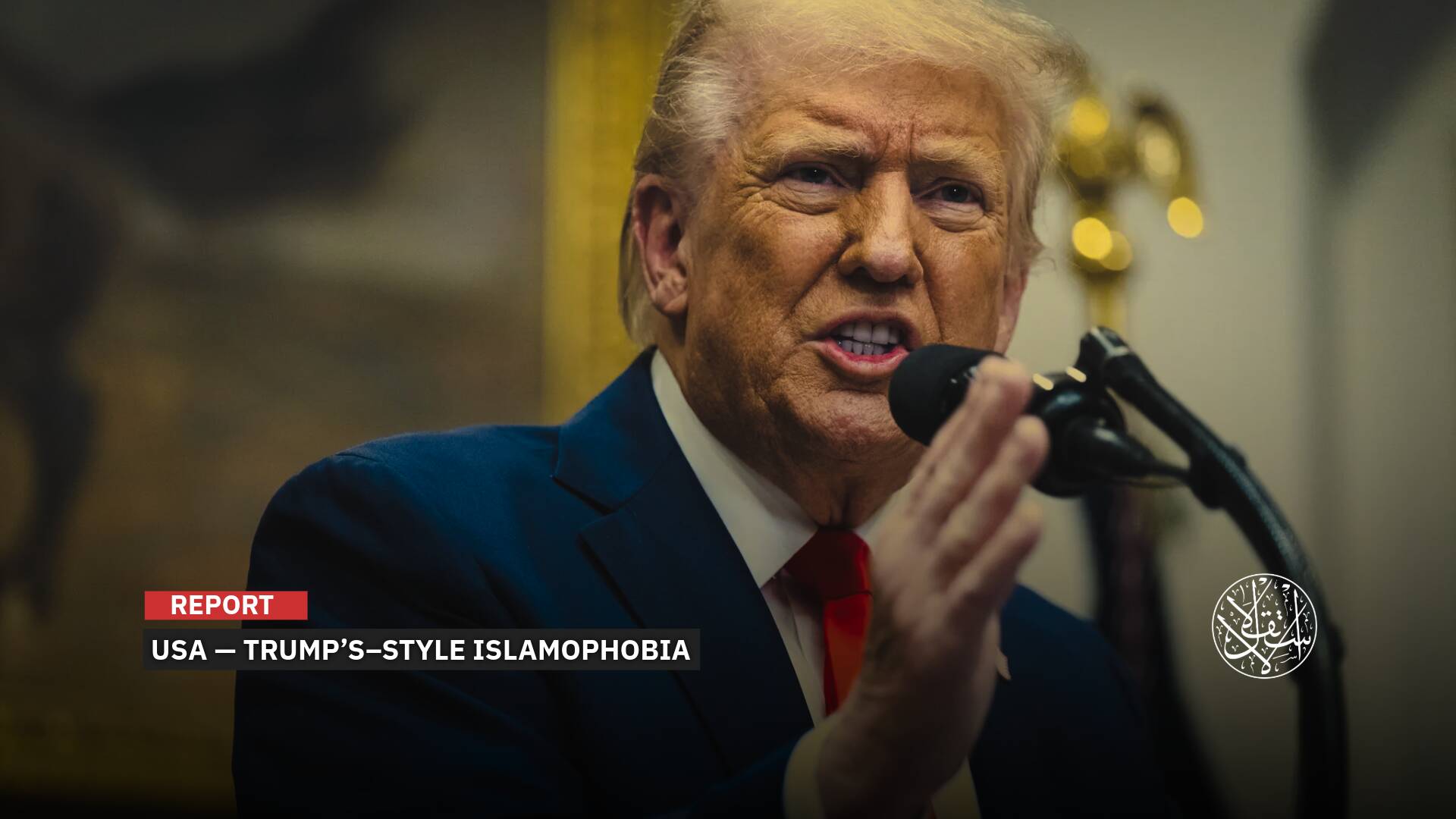Russia’s Official Declaration of War on Ukraine: A Message to NATO or a New Tactic?

“Polish Prime Minister Donald Tusk said Europe has not faced a situation like this since 1945.”
After more than two years of considering it a special operation in Ukraine, Russia declared that it was in a state of war due to the West's intervention on the side of Kyiv, in a remarkable escalation that raises serious questions about its impact on the dynamics of the fighting, on its relation with the West, and on the Russian interior.
Russia's declaration of war in Ukraine was announced by Kremlin spokesman Dmitry Peskov, who said that Russia cannot allow the presence of a country on its borders that has expressed its willingness to use any means to control the Crimean Peninsula.
Analysts linked Russia's change in characterization of its invasion of Ukraine to military developments on the battlefield and the Russian elections, which President Vladimir Putin was expected to win.
Putin, who was recently re-elected by winning 87% of the votes during the presidential elections, pledged to lead his country to victory against Kyiv and the West, a conflict he presents as existential.
Earlier this month, Putin praised Moscow's nuclear arsenal and warned that he was ready to deploy it if Russian sovereignty was threatened.
Good Opportunity
Since the beginning of the Russian invasion of Ukraine in February 2022, the Kremlin has banned the use of the word "war" while imposing fines and prison sentences on those who use it before recently acknowledging for the first time that the country is in "a state of war."
After Moscow continued to use the phrase" special military operation" to refer to the attack it launched on its neighbor more than two years ago, Kremlin spokesman Dmitry Peskov acknowledged on March 22, 2024, that Russia was at war in Ukraine.
There were fears that the Ukrainian war might lead to a major escalation, a third world war, or a nuclear conflict, and the Russian position of describing the war as a special operation was aimed at keeping the conflict at the level of a local war.
A full declaration of war would allow for a greater level of conscription, and for diverting more resources toward the military campaign.
The announcement also sends a message of a firm and long-lasting Russian commitment to defending its influence and military achievements.
Russia's declaration of war in Ukraine indicates that President Putin may seek to resolve the battle in Ukraine with the start of his new presidential term, taking advantage of the dispersion of the U.S. military focus on the Gaza war and competition with China.
In addition, Moscow sees a good opportunity for a solution in Ukraine, in light of the confusion in Western military support supplies to Ukraine and the ambiguity of the future of U.S. support in the event that Donald Trump wins the presidential elections scheduled for next November.
Russia perceives Western support for Ukraine, both in humanitarian aid and military assistance, as a reason to broaden the conflict.
By framing it as a war, Russia can target not only Ukraine but also those supporting it.
The lack of resolution after almost two years of war reflects a protracted struggle, with Russia now indicating its readiness to escalate.

Russian Endeavors
Russia's declaration of war in Ukraine may be an additional reason for NATO to continue avoiding direct involvement in the battles or sending forces to Ukraine, even if the Russian army develops the attack with the aim of resolving the war.
It should be noted that Russia's declaration of war in Ukraine comes after French President Emmanuel Macron called on Europe to discuss the possibility of sending a military force to Ukraine in the future, hinting at the possibility of it engaging in military activity against Moscow.
This statement comes at a remarkable time, as the Ukrainian forces retreated on the ground and took a defensive position after the failure of their counterattack, which received broad Western support.
Russian President Vladimir Putin warned that if Ukraine used Western F-16 warplanes from airfields in other countries, they would become legitimate targets wherever they might be located.
Russia recently achieved clear military achievements in the months of February and March, especially with its control of the city of Avdiivka in the Donetsk Oblast, eastern Ukraine, which represents a prominent military achievement during the last two years.
As part of the Russian Ocean Fleet exercises, Russia launched a winged missile with a range of 1,000 kilometers, which is a warning message, after Ukraine announced that it had hit three oil refineries in the Russian Samara Oblast by drones.
Russia's declaration of a state of war in Ukraine may exacerbate the effects on energy markets in light of the possible tightening by the West to escalate measures to punish Russia, which may lead to further price increases.
There will also be profound impacts on global food markets and food security, especially in low-income countries.
The conflict between Russia and Ukraine, major grain exporters, has already disrupted international food supplies and led to significant price increases in grain and oilseed markets.
On the other hand, "Islamic State – Khorasan Province" claimed responsibility for an armed attack that took place at the Crocus City concert hall on the outskirts of Moscow, killing at least 143 people and wounding about 152, according to the Russian Investigation Committee.
However, some observers raise doubts about the credibility of this claim, as they consider the incident — regardless of its perpetrator — an indication of the possibility that the West will meet Russian decisive efforts in Ukraine by targeting Russia inside.
Russia arrested 11 people, and the Russian Federal Security Service (FSB) claimed that the attackers were on their way to Ukraine, with contacts on the other side supporting them, but Ukrainian intelligence denied this accusation.

Alarming Threat
In turn, Polish Prime Minister Donald Tusk indicated that for the first time since the end of World War II, the continent was entering the pre-war era, warning of the threat posed by the Russian invasion of Ukraine to Europe.
Tusk said in an interview, "I don't want to scare anyone, but war is no longer a concept from the past. It is real, in fact it already started more than two years ago. Europe has not faced a situation like this since 1945."
Tusk's statements came days after a Russian missile penetrated Polish airspace during a major attack on Ukraine, which Tusk described as a worrying incident and prompted Warsaw to put its forces on high alert.
But as unrest looms, Tusk warned that Europe was not prepared to confront the threat despite its efforts to bolster its defense, adding that if Kyiv lost the war, no one in Europe would feel safe.
Since Russia launched its invasion of Ukraine in February 2022, European leaders and military officials have become increasingly concerned about the possibility of the conflict spreading to other countries on its borders, although the Kremlin has repeatedly denied that Moscow intends to attack NATO countries.
In the days leading up to Russia's full-scale invasion of Ukraine in February 2022, Russia's Foreign Minister Sergey Lavrov dismissed Western warnings of the imminent invasion as propaganda and Western hyperbole.

In a related context, political analyst Dr. Mahmoud al-Hamza said in a statement to Al-Estiklal that "the recent statements from the Russians and Europeans fall within the framework of war propaganda and preparing public opinion for the possibility of an intensification of the conflict."
"A direct confrontation between Russia and NATO countries will be very dangerous for global security, as it will not be the same as in the two previous World Wars, given current weapons technology and also devastating nuclear threats," he said.
D. al-Hamza considered that the recent Kremlin's declaration reflects a shift in the nature of the conflict, pointing out that this may lead to increased internal mobilization of the Russian army, the imposition of compulsory conscription, the allocation of greater resources to the war, and perhaps changes in the Russian military strategy.
"Putin waited for the elections to end to declare a state of war in Ukraine, with the aim of taking the conflict to another level and justifying the mobilization of all efforts and all state resources for this purpose," he added.
Dr. al-Hamza concluded that "one of the most prominent reasons for the recent change in Russian tactics is that some European countries hinted at the possibility of sending ground forces in parallel with significant military support for Ukraine, in addition to the exercises recently conducted by NATO with about 90,000 soldiers."


